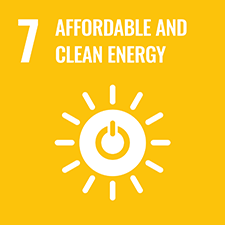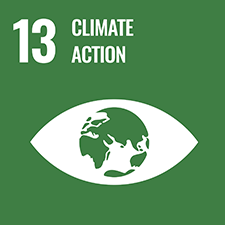UEH Advances Sustainable Development Goals through Global Data Collaboration and NGO Partnerships
30 Nov, 2023
The University of Economics Ho Chi Minh City (UEH) is advancing sustainable development goals (SDGs) through diverse global partnerships and impactful initiatives. Highlights include EfD Vietnam’s research on climate-related risks in fish farming, HAPRI’s international conference on food loss in the Mekong River Basin, and collaborations with NGOs on projects like the Zero Waste Campus. Additionally, the UEH Institute of Innovation (UII) supports sustainable startup ideas and organizations. These are just a few examples of UEH’s broad commitment to sustainability, education, and global collaboration.
As a leading institution in sustainable development, the University of Economics Ho Chi Minh City (UEH) is making strides through a series of innovative and impactful initiatives in collaboration with international partners. Below are some key projects that highlight UEH’s dedication to sustainability, education, and global collaboration.
Economy & Environment Partnership for Southeast Asia (EEPSEA), UEH: Climate-related Risks and Sustainable Cage Fish Farming in Vietnam and Uganda (funded by EfD)
In a joint research effort between EfD Vietnam and EfD Uganda, UEH researchers from the Economy & Environment Partnership for Southeast Asia (EEPSEA) have undertaken a critical study on climate-related risks affecting fish farmers in Vietnam and Uganda. This research aims to understand how farmers perceive and adapt to climate risks, which are significant to fish farming in both countries.
According to researchers participating in the study, the research offers a valuable comparative analysis of how cage fish farmers in Vietnam and Uganda perceive and adapt to climate-related risks. On a practical level, the findings are expected to guide policy recommendations for local authorities, helping to support fish farmers in adapting to these challenges while enhancing their livelihoods and promoting sustainable aquaculture practices.

Photo: Fish Farming in Uganda. Picture by Mohsen Taha. Wikimedia Commons.
HAPRI’s International Conference on Food Loss in the Mekong River Basin
The "Food Loss in the Pangasius Catfish Value Chain of the Mekong River Basin" project, funded by ACIAR and IDRC, was approved by the Ministry of Education and Training on August 26, 2022, under Decision No. 2426/QD-BGDDT. Led by the University of Economics Ho Chi Minh City (UEH) through the Health and Agricultural Policy Research Institute (HAPRI), the three-year project runs from April 1, 2023, to June 30, 2026.
As part of ACIAR and IDRC's Food Loss Program, the project aims to identify challenges affecting future food availability and to develop research initiatives addressing smallholder farmers' needs in developing countries. Its primary objective is to raise awareness of food loss and waste, thereby fostering private-sector investment to reduce waste in the pangasius industry in the Mekong River Basin.
The project will deliver practical benefits to various stakeholders in the pangasius industry. Farmers, associations, and government agencies will gain insights into current food losses and best practices, enhancing efficiency within the value chain. Collaboratively, farmers and other stakeholders will devise solutions to reduce value loss and food waste, while also designing, testing, and evaluating high-impact options. Women will directly benefit from initiatives that increase their participation in the pangasius value chain, improving their livelihoods and enhancing food security and nutrition. Additionally, young researchers will receive training to strengthen their skills in value chain analysis and forecasting.
The conference marked the beginning of in-depth research activities that aim to reduce food loss and unlock new potential for food sources in the region. This initiative also underscores UEH’s social responsibility as a public university dedicated to supporting local farmers and sustainable development.
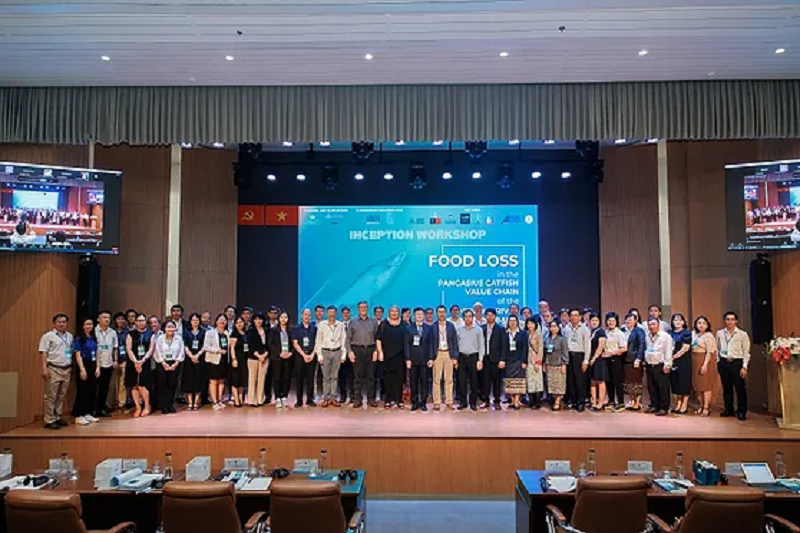
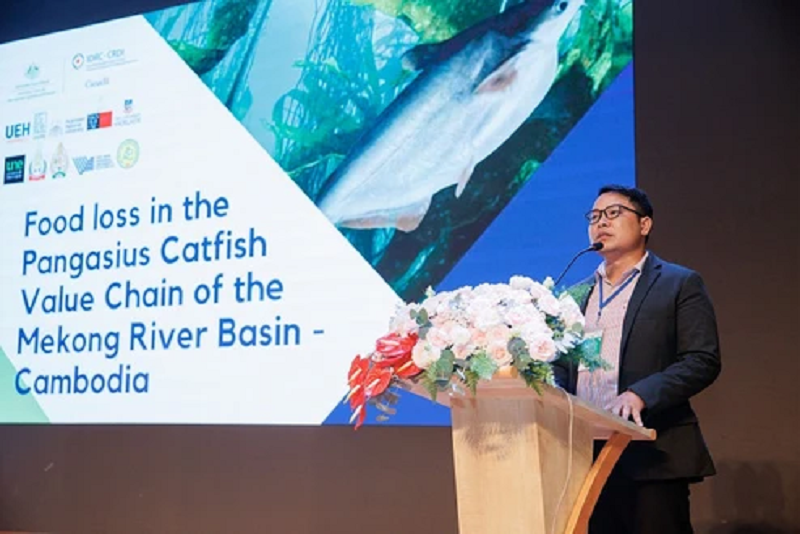
Photo: Delegates and researchers convening at the international conference to discuss sustainable solutions for food loss.
Zero Waste Campus Project
As part of its environmental efforts, UEH has proactively partnered with renowned institutions worldwide to adopt and implement zero waste campus best practices. A notable milestone in this initiative was UEH formally becoming the first university in Vietnam to join the Global Alliance VNPR, solidifying its commitment to sustainability and environmental stewardship.
Additionally, the university also organizes and hosts numerous workshops and seminars with diplomats and representatives from international consulates, where experts engage students and staff on pressing issues such as climate change, innovation, and sustainable development. Through these initiatives, UEH fosters a culture of environmental responsibility and positions itself as a leader in sustainable campus management within the region.
Learn more about these initiatives by visiting:
- UEH joins Global Alliance VNPR: link
- Public lecture: Israel: A Country On The Front Line Of Climate Innovation: link
- Workshop “ThinkBike - Sustainable Development”: link
These initiatives represent only a few of UEH’s many efforts to drive sustainable development, showcasing the university’s ongoing dedication to global partnerships, research, and innovation in support of the SDGs.


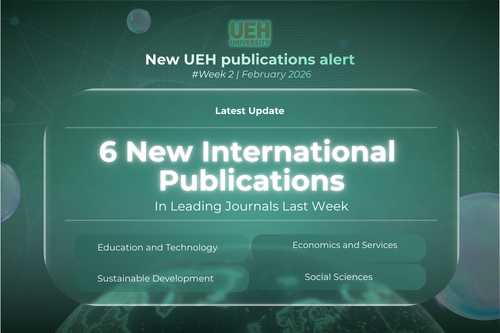


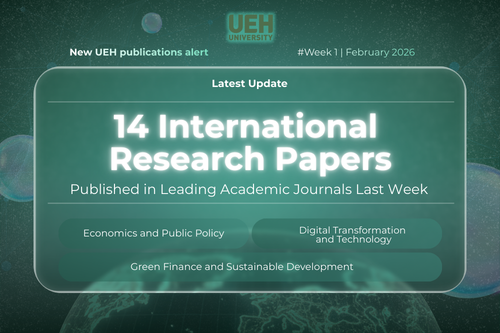
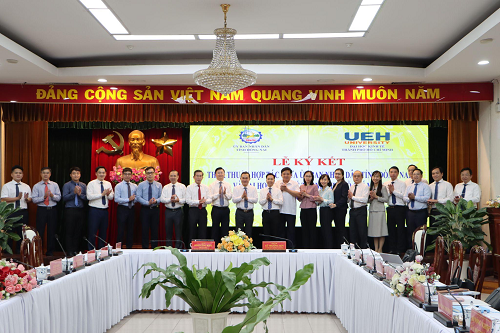

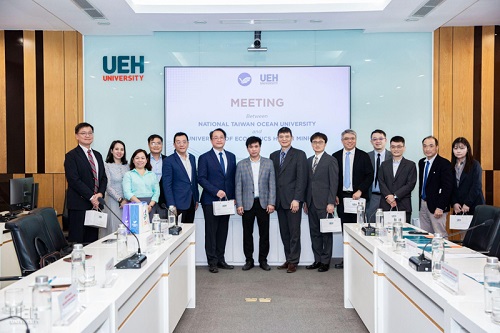
![[Contribution Research] Actors influencing green purchasing behavior among consumers aged 18 to 35 in Ho Chi Minh City](/images/upload/thumbnail/ueh-thumbnail-639057056420243093.png)
